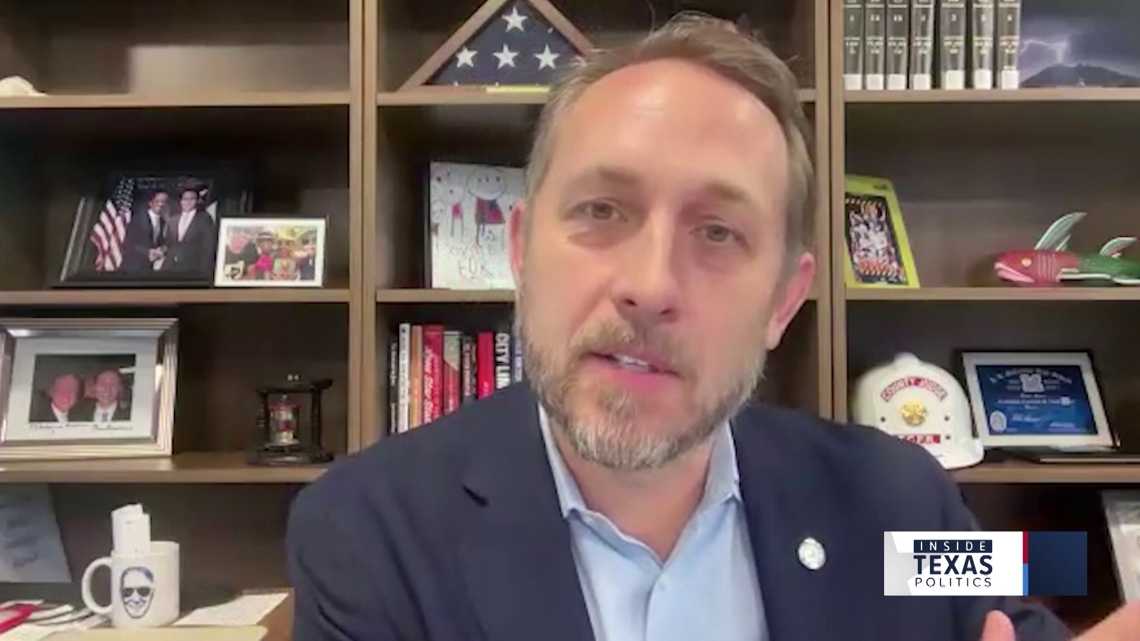Heya, the Badges and Behavioral Health newsletter is here. If you’re reading this you’ve enrolled in our newsletter or made a severe misinput. In any case, we’re glad to have you 😁.
To reiterate, we aim to deliver a weekly dose of handpicked articles showcasing successful law enforcement behavioral health programs from across the country straight to your inbox. Who knows? Maybe you can take some of these tips into your own program.
Articles centered on law enforcement will be denoted with this icon:

Similarly, articles discussing behavioral health programs will use this icon:

Let’s start with one of each with a little surprise at the end for those looking to experience something new.

Travis County Judge Andy Brown is prioritizing the establishment of a Mental Health Diversion Center to provide an alternative for those facing mental health crises instead of jail. The center aims to ease the burden on the county jail and provide necessary care for individuals with unmet mental health needs. Funding has been secured at the county level, with plans to locate the center on the Austin State Hospital campus pending legislative approval. In addition, Travis County voters approved an affordable childcare initiative, with funding set to start in 2025. This initiative aims to eliminate childcare waitlists, boost the economy, and improve high school graduation rates in the long term.

The Mason City Police Department in Iowa has implemented a virtual reality training program aimed at increasing empathy among officers for people in behavioral health crisis. Through a Justice and Mental Health Collaboration Program grant, over 35 officers have participated in the training, which allows them to experience simulated scenarios from the perspective of the person in crisis. Chief of Police Jeff Brinkley discusses the importance of officers understanding the needs of individuals in crisis and the positive feedback received from the training. The department plans to continue using virtual reality platforms to reinforce good decision-making and provoke thoughtfulness in officers.
Sponsored by: Julota– thank you to our sponsors without your contributions this newsletter wouldn’t be possible

Empowering Smarter Crisis Responses with Compassion
Is your team juggling spreadsheets, fragmented RMS data, and endless documentation? Julota simplifies and streamlines Law Enforcement and Behavioral Health programs, helping officers and social workers deliver impactful care with ease.
Why Julota?
Centralized Data: Integrate hospital, EMS, and social services data into one platform.
Automated Compliance: Save time with automated, compliant reporting.
Custom Workflows: Tailor processes to your community’s unique needs.
Secure Collaboration: Foster seamless, HIPAA and CFR-42 compliant communication.
Actionable Insights: Leverage data to improve outcomes and bigger budgets for your program.
Transform your program with the only software purpose-built for bridging law enforcement and behavioral health.
Bonus!
Partnership Between Mental Health Clinicians and Law Enforcement Key to Preventing Fatal Interactions
The Behavioral Health Market is projected to grow at a CAGR of 5.2% and reach USD 141.17 Billion by 2032, driven by increased awareness of mental health issues and expanded access to care. Click here to learn more.
That's all for this issue of Badges and Behavioral Health! We hope you found the information useful and informative. Stay tuned for our next issue where we continue to delve into the world of law enforcement and behavioral health.👋


